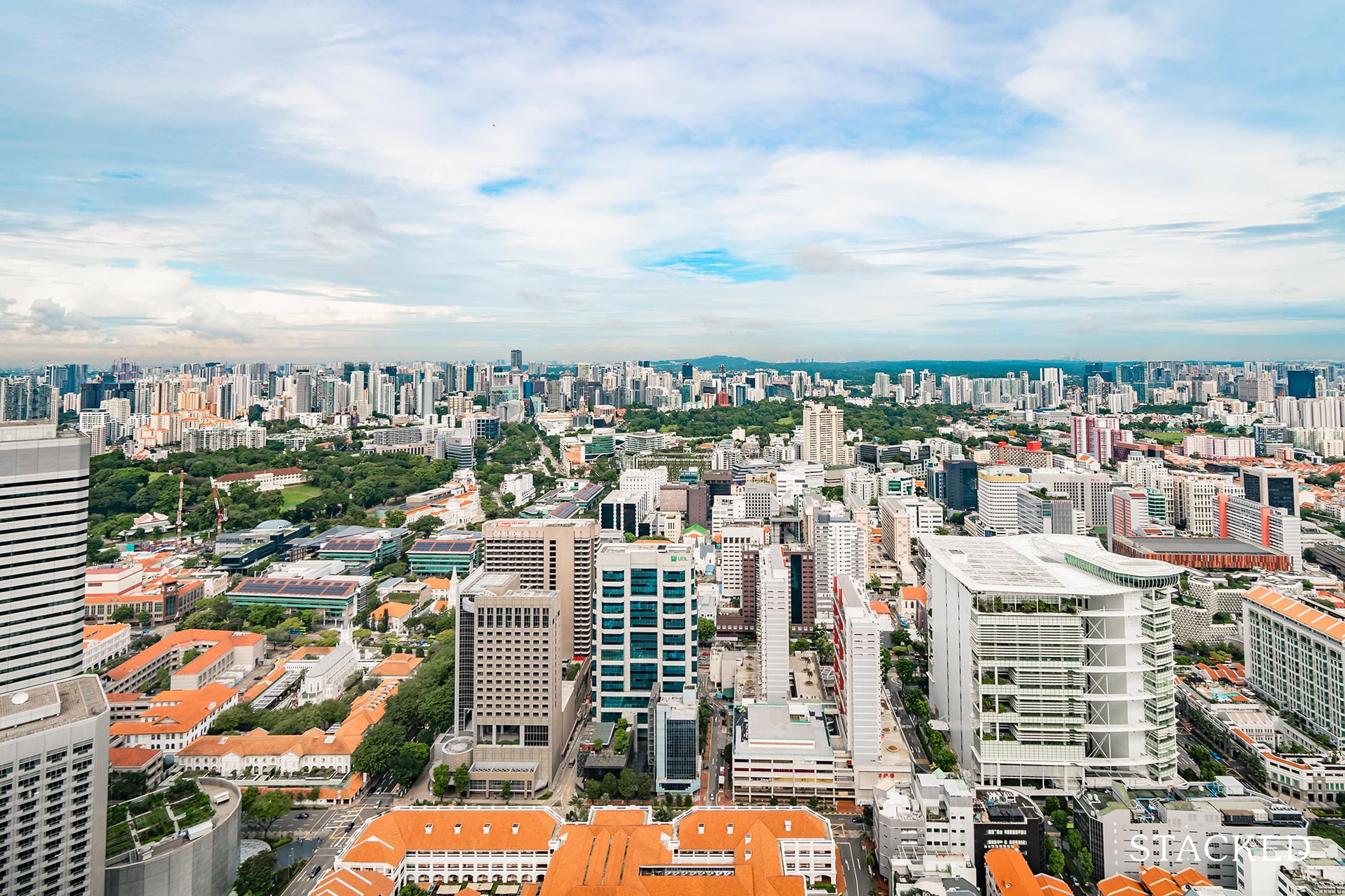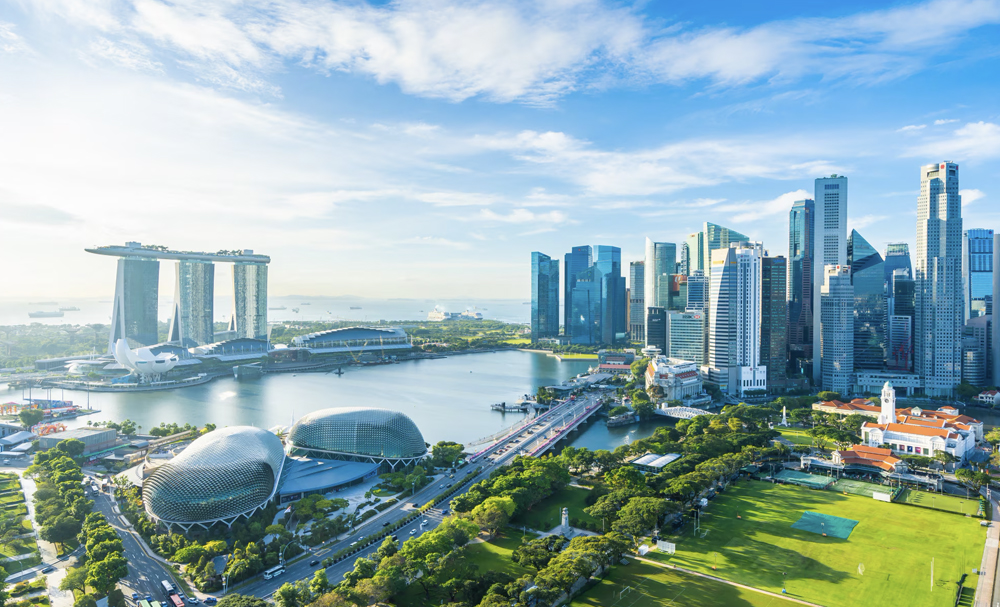Navigating the property market in Singapore can feel like venturing through a labyrinth, especially for expats unfamiliar with the local landscape. With its vibrant blend of cultures and a consistently booming real estate sector, Singapore offers a myriad of opportunities for those looking to invest in property.
However, tapping into this enticing market demands more than just a keen eye for potential. Understanding the dos and don’ts can be the key to unlocking the door to your dream home or investment.
From grappling with legal regulations to deciphering market trends, the journey can be both thrilling and daunting. In this guide, we aim to illuminate the path for expats, equipping you with the essential knowledge to make informed decisions.
Buckle up — the adventure into Singapores real estate market is about to begin!
Researching the Market

Before delving into the property market in Singapore, it’s essential for expats to conduct thorough research. Start by familiarizing yourself with the diverse neighborhoods—each has its own unique vibe and community.
For instance, while expats often flock to the vibrant Orchard Road area for its shopping and dining options, quieter locales like Bukit Timah offer lush greenery and a more serene atmosphere. Developments like River Green strike a balance between accessibility and tranquility, making them attractive options for those seeking both comfort and convenience. Examine the different types of properties available: from sleek condominiums to charming landed houses, each with varying price points and amenities.
Furthermore, keep an eye on market trends and governmental policies that might affect your potential investment. Are prices rising? Are regulations changing for foreign buyers? The answers could significantly impact your decision.
Pair your research with local insights, perhaps by connecting with fellow expats or seasoned real estate agents. By doing so, you’ll navigate the complexities of Singapore’s property landscape with greater confidence and clarity.
Choosing the Right Property Type

Choosing the right property type in Singapore as an expat can be a nuanced yet vital decision that shapes your living experience. With a diverse range of options, from luxurious condominiums to more traditional landed homes and public housing, understanding your lifestyle needs and financial capacity is essential.
Do you desire the vibrant community atmosphere of a condo with amenities like a pool and gym, or does the spaciousness of a landed property appeal more to you? Consider factors such as location, proximity to work, schooling options for children, and, importantly, the regulations that dictate what categories of property you are eligible to purchase. It’s paramount to weigh not just the immediate comfort but also the long-term investment potential.
In a city as dynamic as Singapore, where properties can appreciate or depreciate rapidly, making the right choice could mean the difference between a sound investment and a regrettable commitment. Therefore, thoroughly researching these aspects and perhaps seeking local expert advice could set the foundation for a rewarding property purchase.
Financial Considerations
When navigating the property market in Singapore, expats must tread carefully with financial considerations. First and foremost, its vital to understand the Additional Buyers Stamp Duty (ABSD)—a substantial tax that applies to foreigners purchasing property. This can significantly impact your overall budget, pushing the final cost beyond your expectations.
Don’t overlook the importance of securing financing from local banks; interest rates can vary widely, and mortgage eligibility might hinge on your residency status. Moreover, consider the hidden costs lurking around every corner—maintenance fees, property taxes, and potential renovation expenses can quickly add up.
For expats, collaborating with a seasoned local real estate agent can provide invaluable insights, ensuring that you make informed decisions. Ultimately, careful financial planning and an in-depth understanding of the market landscape will empower you to navigate this complicated terrain judiciously, setting the stage for a successful investment in this vibrant city.
Conclusion

In conclusion, purchasing property in Singapore as an expat can be a rewarding investment when approached with careful consideration and informed decision-making. By adhering to the dos—such as understanding local regulations, seeking professional advice, and conducting thorough research on neighborhoods like River Green—you can navigate the complexities of the real estate market with confidence.
Conversely, avoiding the donts, such as neglecting due diligence or misjudging your budget, can save you from potential pitfalls. By equipping yourself with the right knowledge and resources, you can find a property that not only meets your needs but also enhances your living experience in this vibrant city-state.


